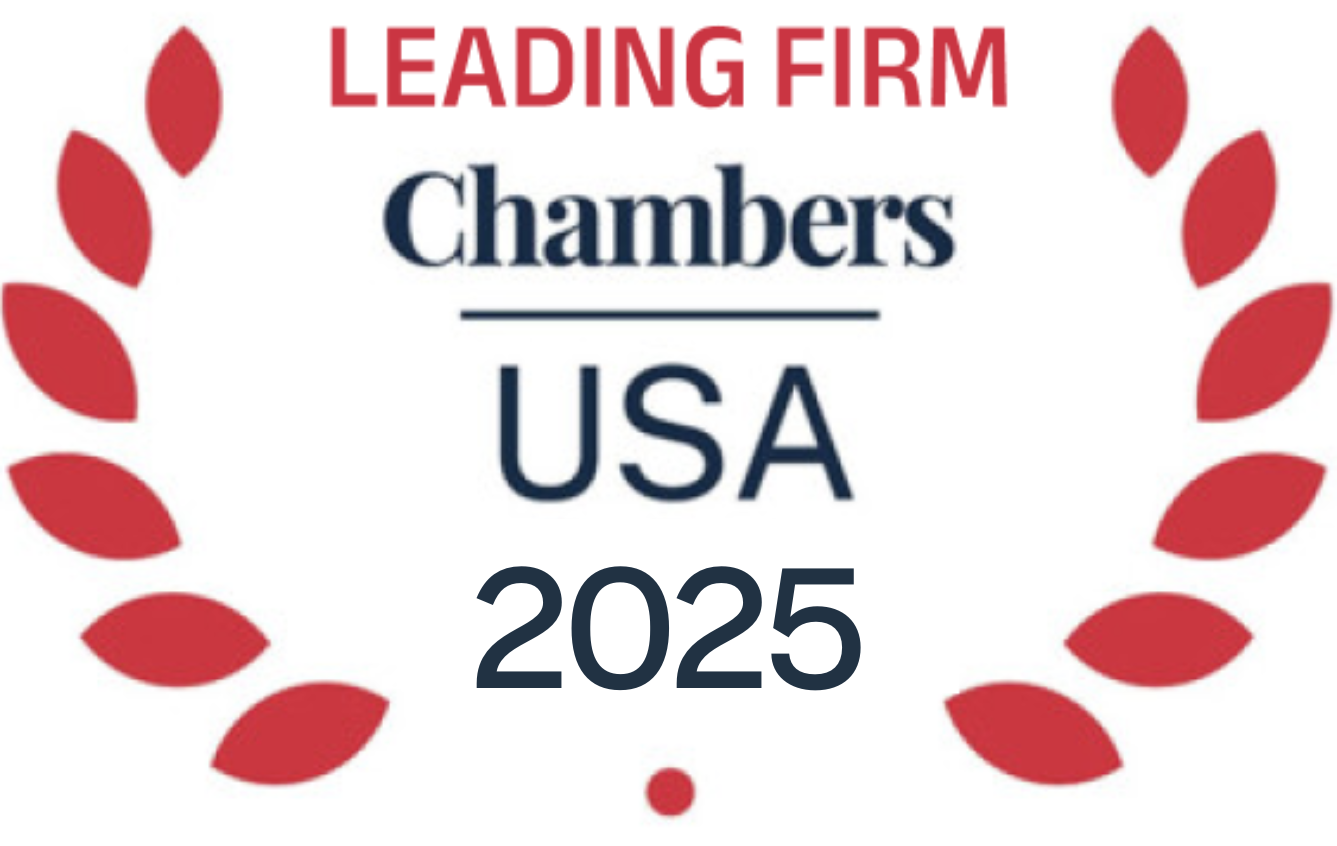
Monopoly
A monopoly is when a company has exclusive control over a good or service in a particular market. Not all monopolies are illegal. For example, businesses might legally corner their market if they produce a superior product or are well managed. Antitrust law doesn’t penalize successful companies just for being successful. Competitors may be at a legitimate disadvantage if their product or service is inferior to the monopolist’s.
But monopolies are illegal if they are established or maintained through improper conduct, such as exclusionary or predatory acts. This is known as anticompetitive monopolization.
How Illegal Monopolies Exploit the Market
Here are some examples of how illegal monopolies unfairly exploit their market power:
- Price Discrimination: selling similar goods to buyers at different prices
- Exclusive Dealings: requiring a buyer or seller to do buy or sell all or most of a certain product from a single supplier
- Tying Contract: selling a product or service on the condition that the buyer agrees to also buy a different product or service
Law Prohibiting Illegal Monopolies
Anticompetitive monopolization violates federal antitrust law, notably the Sherman Antitrust Act, and are prohibited by state antitrust law, including the Cartwright Act in California.
Under federal and some state laws, private parties (businesses or consumers) who were harmed by anticompetitive conduct can bring antitrust lawsuits seeking damages (in some instance treble damages) and injunctive relief.
Learn More about Antitrust Violations
About Us
Report an Illegal Monopoly:




